
The most common fault of rolling bearings in cement machinery equipment is simple fatigue peeling during rolling contact. This fault can be detected through instrument detection, and peeling can occur on the surface of the inner ring, outer ring, or rolling element. Due to the force and frequent contact of the inner ring, peeling of the inner ring is the most common. Common fault analysis
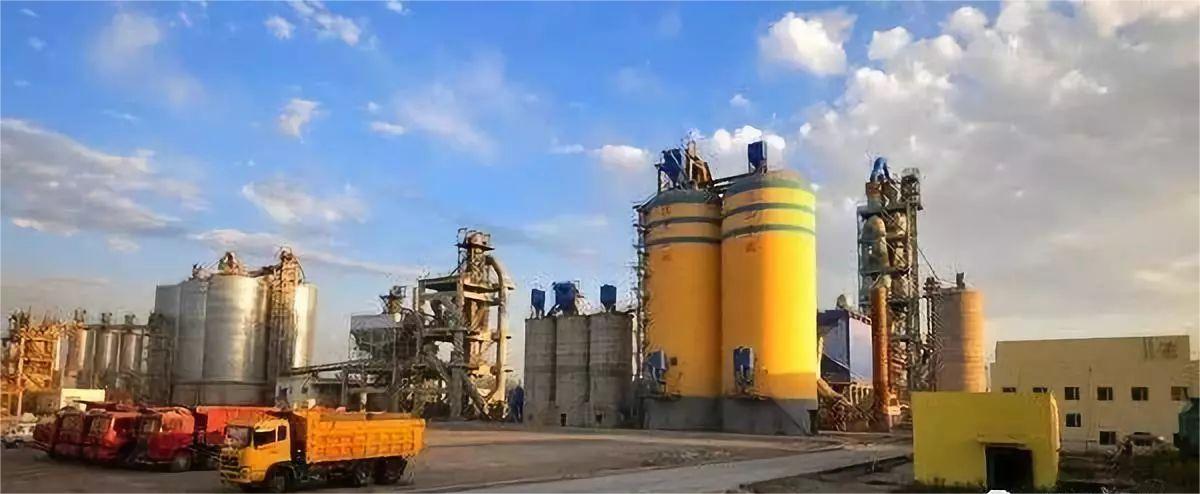
Severe surface detachment, often accompanied by wear of the bearing's steel ball track, extensive peeling, and simultaneous overheating.
The analysis of the reasons is nothing more than: improper operation during the installation process, the outer sleeve of the bearing was not placed flat during the installation process, resulting in uneven force at each contact point during operation, and the movement trajectory of the steel ball is not balanced with the trajectory of the raceway. If the amount of inclination is large, the temperature of the bearing often rises.
In addition, the force application point during the installation of the jacket is incorrect. During the installation of the jacket, the inner ring of the bearing should be knocked. Due to improper operation, the installer did not follow the operating procedures, resulting in local deformation of the bearing and failure during the operation of the bearing.
Secondly, the installation of the angle bearing is incorrect and the direction is opposite. This contact surface will create a scratch groove caused by excessive friction. Another issue in the selection of bearings is that there are design flaws in the selected bearings, and the design time gap of the bearings is not reasonable. Such bearings are prone to corrosion or loose accessories.
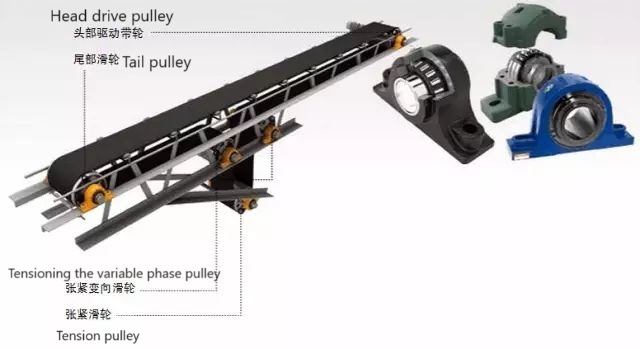
During the inspection process, it was found that the color of the steel ball or retainer changed, indicating that the bearing was overheated. After the temperature of the bearing reaches a certain height, as the temperature further increases, the lubrication performance of the lubricating oil gradually decreases, and the bearing enters a dry grinding state, thereby exacerbating the failure of the bearing. Excessive temperature can cause annealing of materials for rolling balls and steel balls, resulting in a decrease in hardness and leading to more severe acute failures.
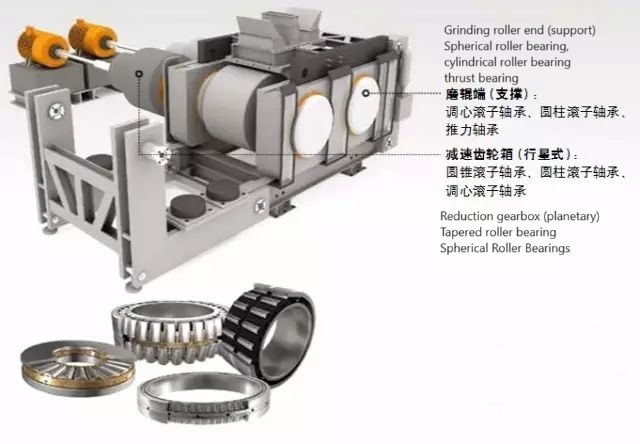
The normal operation of bearings relies on the lubrication effect of lubricants. If the bearings do not have good lubrication effect, direct metal to metal contact will occur, forming some grooves on the surface of the bearing balls, which affects the normal operation of the bearings. In the lubrication operation of cement machinery bearings, attention should be paid to the mixing of foreign objects, which can affect the lubrication effect or cause destructive damage to the bearings on the spot.
In the process of cement production, there are many strong acidic and alkaline substances in the entire environment, and even some strong corrosive substances in the air. These corrosive substances, whether solid, liquid or gaseous, are very obvious for bearing corrosion, especially for some poorly sealed bearings, which are more prone to corrosion. Corrosion will cause the gaps between the bearing components to increase, the friction force to be uneven, the bearing capacity to decrease, the friction to increase, and the service life to shorten, The method to determine corrosion of bearings is to have red or brown stains on the raceway, steel balls, retainer, and inner and outer ring ring surfaces.
Bearings will have a normal service life under certain usage intensity. Long term friction on any running surface will form irregular material peeling phenomenon. Timely detection and handling of normal fatigue phenomena can avoid this type of failure.
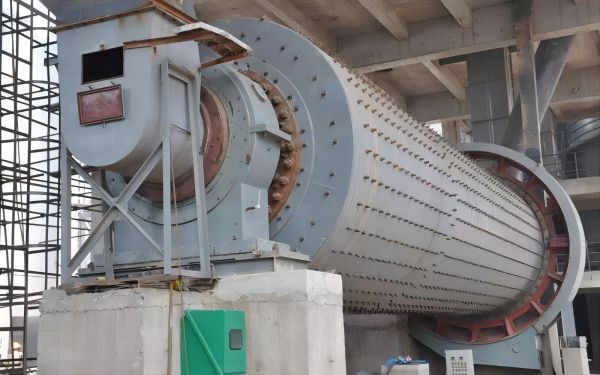
The sliding bearings in the mechanical equipment of cement plants mainly include copper tiles, Babbitt alloy tiles, phenolic resin tiles, and the main forms of failure of sliding bearings are heating, abnormal wear, and burning tiles.
The failure mode of sliding bearings is closely related to the scraping method and corresponding lubrication mechanism. The sliding bearing tiles in general cement plants are scraped according to the wedge lubrication mechanism.
Abnormal wear of bearings can lead to various mechanical failures, so abnormal wear should be highly valued. Abnormal wear is nothing more than a serious overload of the sliding bearing pads or the inclusion of hard particles in the sliding bearing pads. Burnt pads are scrapped bearings caused by dry wear of the sliding bearing pads without lubrication. Once burnt pads occur, there is no other way to repair them except for replacement or re-scraping.
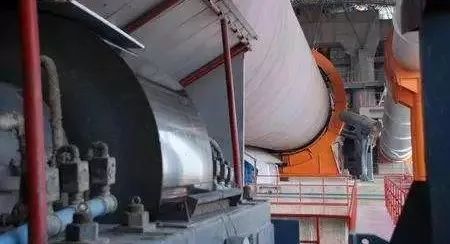
(1) Choose bearings that match the required strength, and choose bearings produced by qualified large brand production enterprises to ensure reasonable design parameters and avoid design defects in the selected bearings that may affect the normal service life of the bearings.
(2) During the installation and replacement process of rolling bearings, it is necessary to strictly follow the installation operating procedures to ensure the balance of bearing installation, the correctness of force points, and the uniformity of force distribution. Firstly, it is important to align the position of the bearing and ensure that the inner surface of the bearing sleeve is struck during the installation process, and that all force points are balanced and pushed forward. Furthermore, the installation direction of the angular contact bearing should be consistent.
(3) The lubrication of bearings, whether it is rolling bearings or sliding bearings, is the most critical link for the normal operation and extended service life of bearings. During the installation and use of bearings, it is necessary to choose high-performance lubricants to continuously lubricate the bearings. It should be noted that due to the special nature of the cement production process, there are often hard foreign objects in the environment. When carrying out lubrication operations, the surrounding environment must be cleaned up to prevent the inclusion of hard foreign objects in the lubricant into the bearings, which may cause abnormal wear hazards to the operation of the bearings.
(4) The bearings in the mechanical equipment of the cement plant are more severely corroded than those in other environments. This requires us to pay attention to reducing bearing corrosion as much as possible during the maintenance process of bearings, placing them in a closed environment as much as possible to prevent the inflow of materials during the production process. After discovering corroded bearings, the liquid in the bearings should be immediately drained to increase the sealing of the bearings.
(5) Bearings are vulnerable parts in mechanical equipment and have their corresponding service life. Records should be kept during the installation of bearings. When the bearing reaches its predetermined service life, intensive testing should be carried out to prepare for replacement. In daily use, a comprehensive monitoring system should be established to timely identify safety hazards in bearings through detailed data such as bearing temperature, color, and depth of friction grooves, and eliminate them in the primary stage.
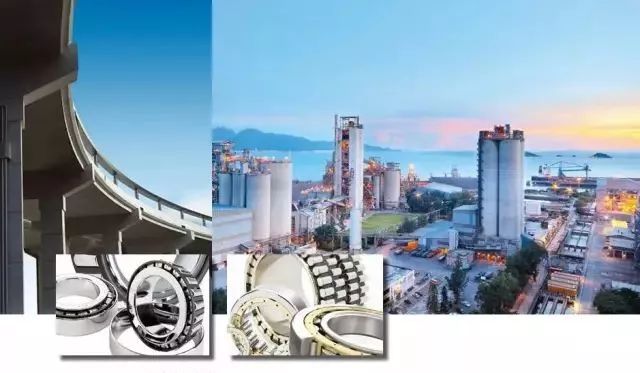
Name: Ms Linda Ren
Tel:0086 15366795302
Whatsapp:008615366795302
Email:info@dpmachinery.com
Add:A11-423, China Safety Valley, Lijiang Road South, Xuzhou High-Tech Industrial Development Zone, Jiangsu, China--221000